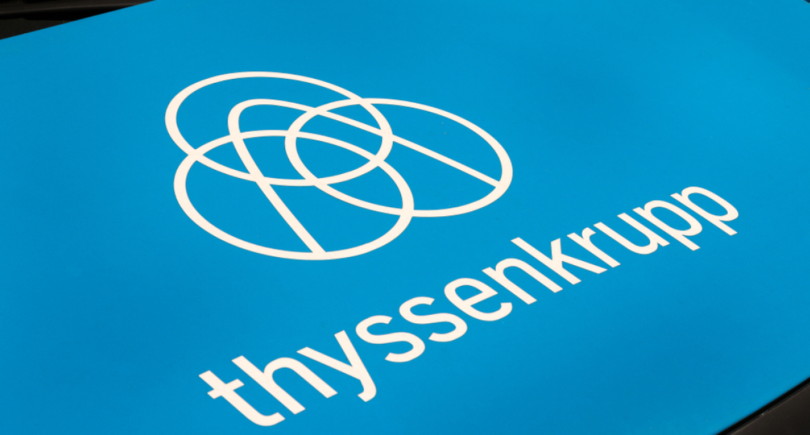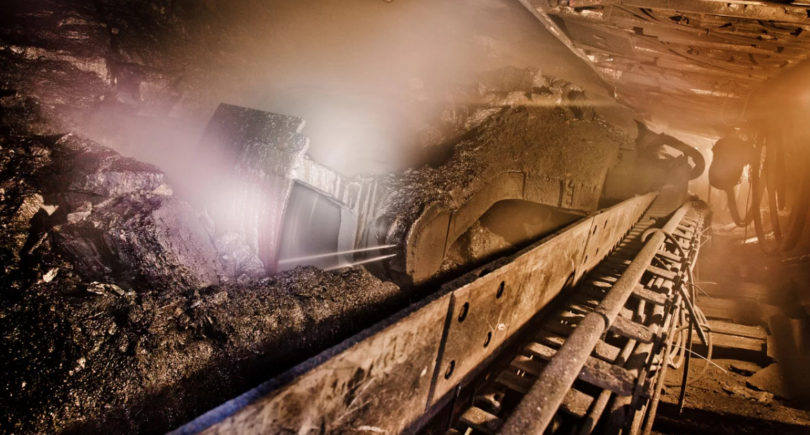
ArcelorMittal Kryvyi Rih has temporarily stopped steel production, Kametstal is assessing the timing of resuming production
Massive missile strikes on the energy infrastructure of Ukraine and, as a result, a general deficit in the energy system continue to affect the work of the Ukrainian iron and steel industry – enterprises temporarily stop production or work within the limits of available quotas.
Thus, during the week beginning on November 21, Russian attacks led to blackouts throughout the country. For the first time since the beginning of the full-scale invasion of the Russian Federation, production at the Ukrainian enterprises of the Metinvest Group was stopped in emergency order.
Although electricity has been partially restored, industrial producers are using electricity within available quotas, which can change daily.
As of November 28, all Metinvest enterprises except for Kametstal, resumed their activities. The steel plant is evaluating possible damage to production facilities after the stoppage and period of resumption of production.Prolonged lack of billets supply from Kametstal may lead to suspension of production at Promet Steel, a Bulgarian steel mill.
Metinvest also notes that it is impossible to predict how long Russia’s attacks on Ukraine’s energy infrastructure and the risks associated with it will last.
“As a result, there may also be disruptions in production at the Group’s Ukrainian assets,” the company’s release states.
ArcelorMittal Kryvyi Rih on November 24 has temporarily suspended steel and rolled products production until the stabilization of energy supply in the country. The amount of electricity available at that time was not enough to support production even at the level of 20% capacity.
As Maxim Minyushkin, the head of corporate communications at DCH Steel, told GMK Center, that DMZ and Sukha Balka mine are currently working within the limits set by energy companies, but the company hopes that this situation is temporary.
In particular, as the company previously reported, currently technological processes at the mine named after Frunze of the Sukha Balka mine are temporarily stopped. First of all, this makes it possible to avoid risks associated with emergency power outages and personnel safety. The technological process at the “Yuvileyna mine continues, as there are capacities here, which allow, in the event of an emergency shutdown, to start the counterweight mechanism and raise the miners to the surface.
As for DMZ, the plant also operates within the given limits. Currently, according to DCH Steel’s head of corporate communications, work schedules have not been changed here.
A mining company Rudomine told GMK Center, that they continue to work. The enterprise works at the level of up to 50% of pre-war volumes.
About the forced stoppage of production at the beginning of November announced Pobuzhsky Ferronickel Plant (PFP). This decision was due to the consequences of Russian missile strikes on October 22 against the energy facility that supplied power to PFP, as well as a number of settlements in the Kirovohrad and Mykolaiv regions.
Poltava Mining of the Ferrexpo company, Zaporizhzhia Ferroalloy Plant, part of the capacities of the Interpipe company, according to unconfirmed data, are not working due to a shortage of electricity.
At the beginning of November, the iron ore company Ferrexpo announced about partial recovery of production activities at their enterprises in central Ukraine. On October 11, the company had to temporarily stop production due to massive damage to the energy infrastructure. For Interpipe, since the beginning of the war, the limitation in electricity consumption has become one of the three main challenges, along with the restructuring of logistics and the situation on the markets.
As GMK Center reported earlier, the Russians launched the last massive missile attack on Ukraine on November 23. As of the morning of November 30, according to Ukrenergo, electricity producers provided 73% of electricity consumption in Ukraine, the capacity deficit was 27%.
In 2021, steel sector became the largest energy consumer after population. According to Ukrenergo, last year the industry accounted for 23% of electricity consumption in the country, which is lower only than the population – 30.8%. The rest of the industry accounts for 18.6% of consumption.



